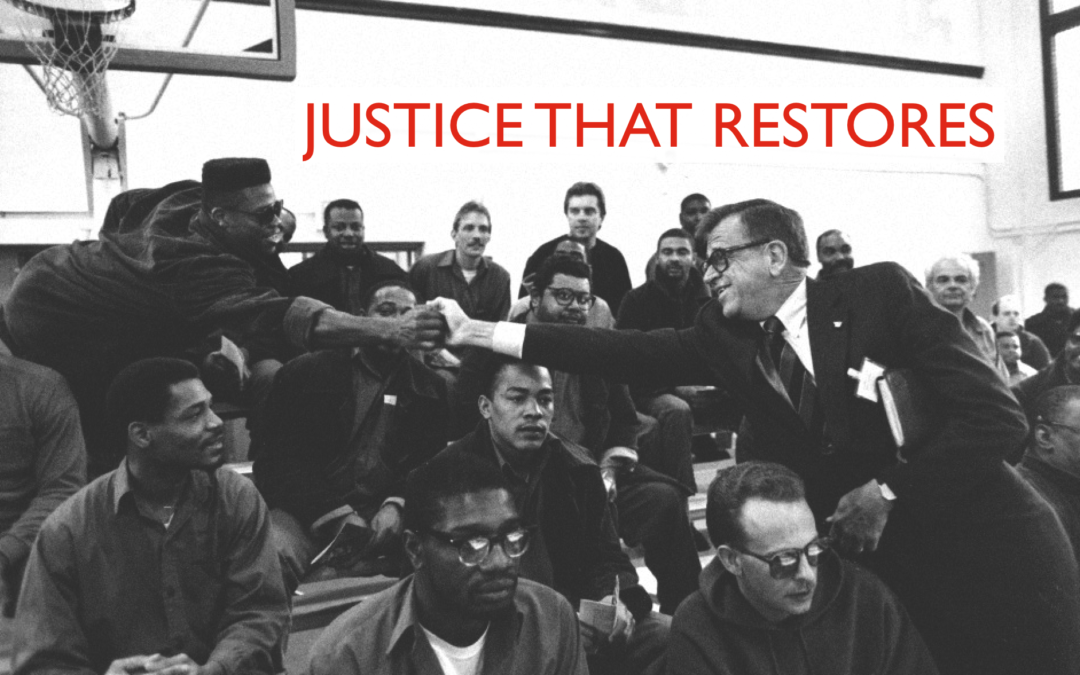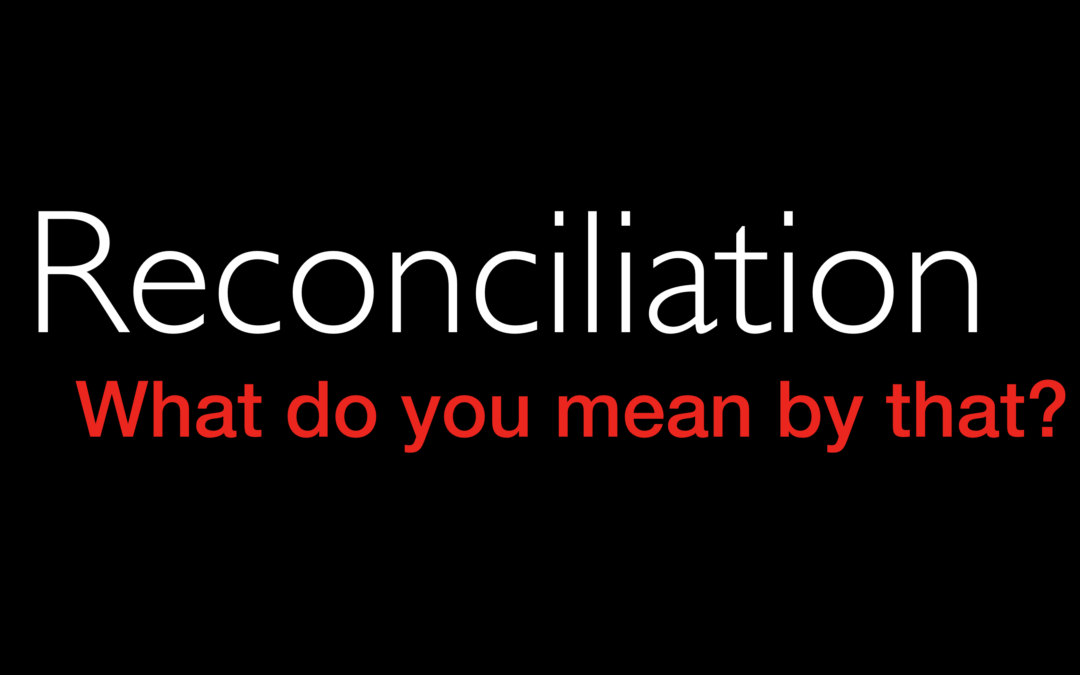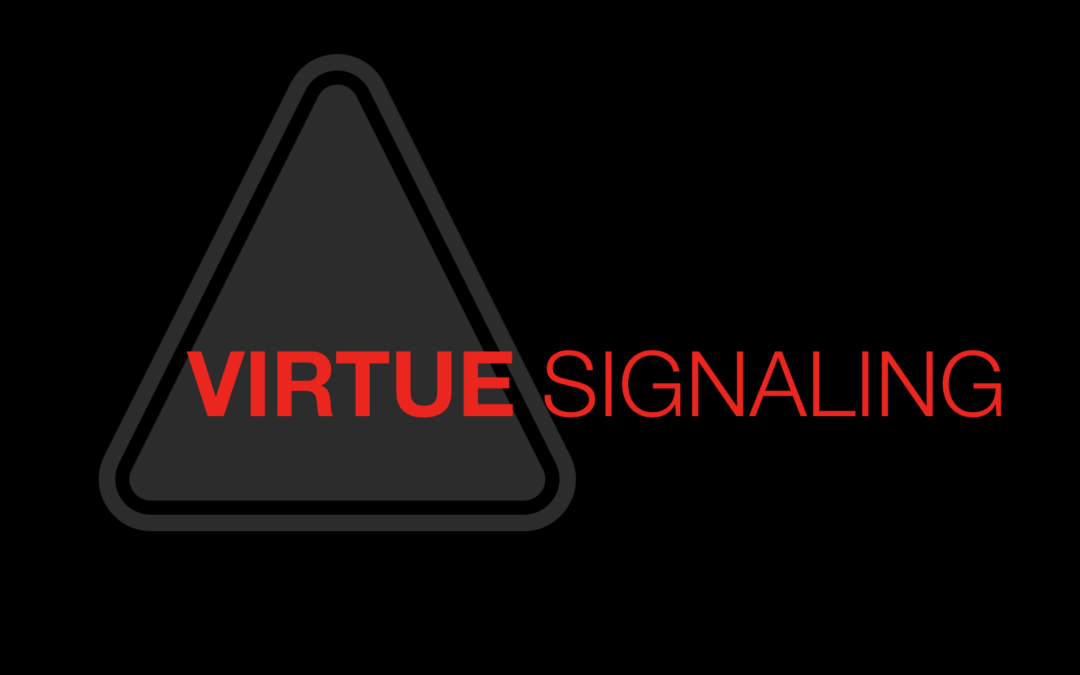Repentance
We must recover the Doctrine of Repentance and raise it to its rightful place – God’s grace-filled gift to sinful man.
Please share your insights by commenting below this post.
The Doctrine of Repentance may be one of the least understood essential Christian doctrines.
Most (myself included) have grown up with an incomplete understanding of repentance. In addition, true repentance has been lost in the modern evangelical church. It has sunk beneath the waves of our cultural environment of emotionalism, biblical illiteracy, theological confusion, and therapeutic self-referencing doxologies.
The solution is to recover repentance and raise it from the depths of darkness and bring it to its fullest glorious light. Therefore, we turn to the Puritan, Thomas Watson to help salvage the heavenly vessel called “Repentance.”
I credit Virgil Walker and Darrell Harrison from the Just Thinking Podcast (Episode 120) for inspiring the following post.
The section below contains an extensive quotation from Thomas Watson’s “Repentance.” I have selected specific sections to highlight each of Watson’s points in order to condense his 121 page book into a blog post. I highly recommend reading “Repentance” in its entirety. It will profit you greatly. [Link to the full work provided below this post]
“Repentance is a grace of God’s Spirit whereby a sinner is inwardly humbled and visibly reformed. For a further amplification, know that repentance is a spiritual medicine made up of six special ingredients:
1. Sight of sin
2. Sorrow for sin
3. Confession of sin
4. Shame for sin
5. Hatred for sin
6. Turning from sin
If any one is left out it loses its virtue. (p.18)
1. Sight of sin (p.18-19)
A man must first recognize and consider what his sin is, and know the plague of his heart before he can be duly humbled for it… . Sin must first be seen before it can be wept for. Hence I infer that where there is no sight of sin, there can be no repentance.
2. Sorrow for sin (p.19-27)
This sorrow for sin is not superficial: it is a holy agony. It is called in scripture a breaking of the heart: ‘The sacrifices of God are a broken and a contrite heart’ (Psalm 51:17); and a rending of the heart: ‘Rend your heart’ (Joel 2:13).
3. Confession of sin (p.28-37)
Confession is self-accusing: ‘Lo, I have sinned’ (2 Sam. 24:17)… But true confession drops from the lips as myrrh from the tree or honey from the comb, freely. o have sinned against heaven, and before thee’ (Luke 15:8) – the prodigal charged himself with sin before his father charged him with it… Confession gives vent to a troubled heart. Confession purges out sin. Confession of sin makes way for pardon.
Where a person has fallen into scandalous sin and by it has been an occasion of offense to some and of falling to others, he ought to make a solemn and open acknowledgement of his sin, that his repentance may be as visible as his scandal (2 Cor. 2:6-7).
Where a man has confessed his sin to God, yet still his conscience is burdened, and he can have no ease in his mind, it is very requisite that he should confess his sins to some prudent, pious friend, who may advise him and speak a word in due season (James 5:16).
Where any man has slandered another and by clipping his good name has made it weigh lighter, he is bound to make confession. How can this reconciliation be effected but by confessing the injury? Till this is done, God will accept none of your services. Do not think the holiness of the altar will privilege you; your praying and hearing are in vain till you have appeased your brother’s anger by confessing your fault to him.
4. Shame for sin (p.39-44)
Blushing is the color of virtue. When the heart has been made black with sin, grace makes the face red with blushing… Every sin makes us guilty, and guilt usually breeds shame.
Be assured, the more we are ashamed of sin now, the less we shall be ashamed at Christ’s coming. If the sins of the godly be mentioned at the day of judgment, it will not be to shame them, but to magnify the riches of God’s grace in pardoning them.
5. Hatred for sin (p.45-52)
A true penitent is a sin-loather. If a man loathe that which makes his stomach sick, much more will he loathe that which makes his conscience sick… We are never more precious in God’s eyes than when we are lepers in our own.
Sound repentance begins in the love of God and ends in the hatred of sin.
Compare sin with hell, and you shall see that sin is worse. Torment has its emphasis in hell, yet nothing there is as bad as sin. Hell is of God’s making, but sin is none of his making. Sin is the devil’s creature.
Look upon sin in the issue and consequence, and it will appear hateful.
By sin we have lost the image of God, wherein did consist both our sanctity and our majesty.
We should hate sin infinitely more than ever we loved it.
6. Turning from sin (p.52-58)
Weeping and turning are put together (Joel 2:12). After the cloud of sorrow has dropped in tears, the firmament of the soul is clearer: ‘Repent, and turn yourselves from your idols; and turn away your faces from all your abominations’ (Ezek. 14:6). This turning from sin is called a forsaking of sin (Isaiah 55:7)…
There is a change wrought in the heart. The flinty heart has become fleshly. Satan would have Christ prove his deity by turning stones into bread. Christ has wrought a far greater miracle in making stones become flesh. In repentance Christ turns a heart of stone into flesh.
There is a change wrought in the life. Turning from sin is so visible that others may discern it. Therefore it is called a change from darkness to light (Eph: 8).
It must be a turning from sin upon a spiritual ground A man may restrain the acts of sin, yet not turn from sin in a right manner. Acts of sin may be restrained out of fear or design, but a true penitent turns from sin out of a religious principle, namely, love to God.
It must be such a turning from sin as turns unto God This is in the text, ‘that they should repent and turn to God’ (Acts 2:37). Turning from sin is like pulling the arrow out of the wound; turning to God is like pouring in the balm…
To return to sin gives the devil more power over a man than ever. When a man turns from sin, the devil seems to be cast out of him, but when he returns to sin, the devil enters into his house again and takes possession, and ‘the last state of that man is worse than the first’ (Matt. 12:45).
If we turn from our sins to God, God is not advantaged by it. It is only we ourselves who reap the benefit. In this case self-love should prevail with us: ‘If thou be wise, thou shalt be wise for thyself (Proverbs 9:12).
If we turn to God, he will turn to us.
If any one (of the six) is left out, repentance loses its virtue.” (1)
In other words, counterfeit or incomplete repentance is an exercise in futility and worthless. We must recover the doctrine of repentance and raise it to its rightful place – God’s grace-filled gift to sinful man.
Oh, how I need forgiveness for my vein and fleshly repentance!
“Repent therefore, and turn back, that your sins may be blotted out.”
– Acts 3:19
Ken Boa provides a Prayer for Forgiveness – “I return to You, Lord. For You have torn me, but You will heal me. You have injured me but You will bind up my wounds. After two days You will revive me. On the third day You will raise me up so that I can live before You. Amen.”(2)
“Come, let us return to the LORD.
For He has torn us to pieces,
but He will heal us;
He has wounded us,
but He will bind up our wounds.
After two days He will revive us;
on the third day He will raise us up,
that we may live in His presence.”
– Hosea 6:1-2
New Mercies!
“The steadfast love of the Lord never ceases;
his mercies never come to an end;
they are new every morning;
great is your faithfulness.”
– Lamentations 3:22–23
He is Faithful!
“If we confess our sins, he is faithful and just to forgive us our sins and to cleanse us from all unrighteousness.”
– 1 John 1:9
If you don’t know Jesus Christ, I have good news (The Gospel) – Call on Him!
“For “everyone who calls on the name of the Lord will be saved.””
– Romans 10:13“For I am not ashamed of the gospel, for it is the power of God for salvation to everyone who believes…”
– Romans 1:16
Daily habit of the Christian life and fellowship with God.
Christians will continue to sin.
We should repent of our sin.
Do Christians confess our sin to be accepted by God?
By no means! We have already accepted when we place our trust in Christ for Salvation.
We confess our sin to remove barriers to our fellowship with God – and with one another (when necessary).
Through repentance, we draw close to the heart of our Heavenly Father… He draws close to us (James 4:8).
Make it a habit; Repent and believe the Gospel every day.
Footnotes:
1. Thomas Watson – Repentance
2. Ken Boa – Prayer for Forgiveness
Please share your insights by commenting below this post.
LOOKING FOR MORE?
In addition to this blog, explore additional content on my Substack!
If you enjoy Revolution of Man blog, podcast, and videos - Consider subscribing to my Substack. Substack is a reader-supported publication that also allows me to reach a broader audience. To receive new posts and support my work, consider becoming paid subscriber.



